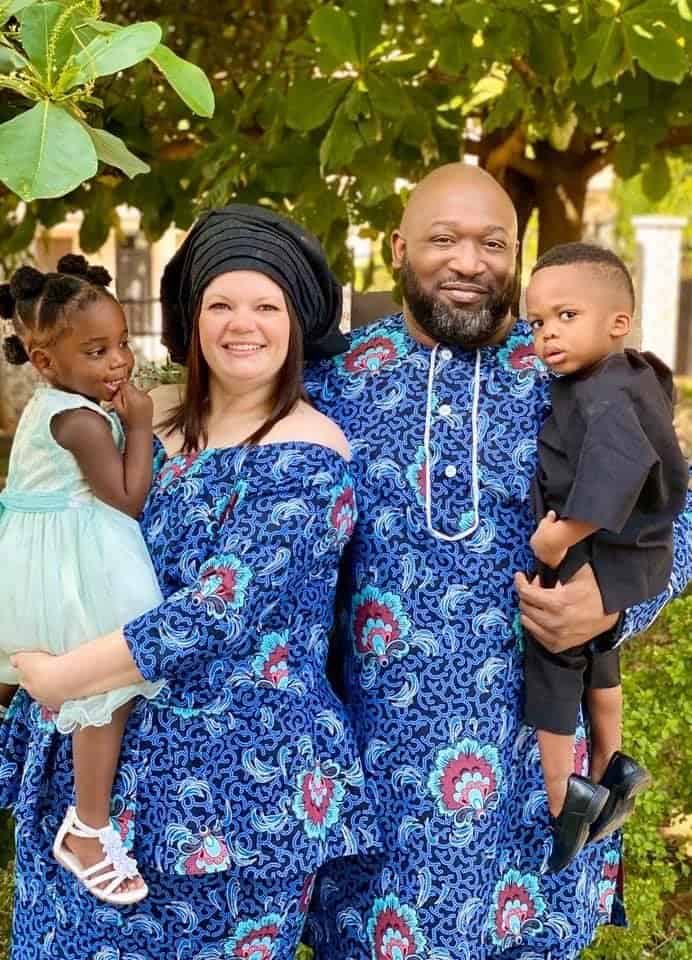
Catholic Charities of the Diocese of Nashville, like some other Catholic Charities agencies around the country, has seen a sharp drop off in international adoptions in recent years. But they are still helping families navigate the processes for international and domestic adoptions, as well as completing hundreds of home studies for foster care annually.
“Nationally the numbers of international adoptions in the U.S. have been dwindling every year,” said Julie Bolles, MSSW, supervisor of adoptions and pregnancy counseling for Catholic Charities.
The U.S. State Department “has made it increasingly difficult for U.S. adoption agencies to meet the stringent requirements in order to be Hague accredited,” Bolles said, “and it is certainly very challenging if not impossible for many foreign countries to meet the requirements as well, thus eliminating many options for international adoption.”
The Hague Convention (www.hcch.net) is an international treaty created to ensure that intercountry adoptions are in the best interests of children and to prevent abduction, exploitation, sale, or trafficking of children.
Some Catholic Charities agencies, such as in the Archdiocese of Baltimore, have been forced to shut down their entire international adoption programs. The agency cited changing circumstances within other countries and a “negative stance” toward international adoption from the U.S. government.
Ellen Warnock of Catholic Charities in Baltimore, who has worked in the international adoption program for 36 years, called the decision “heartbreaking” but necessary due to a dramatic decline in the number of children annually entering the United States for adoption.
In the early 2000s, more than 23,000 children came into the country each year for adoption. In 2019, that number declined to just 2,900.
“Some of the countries are either unwilling to send children overseas because it’s a national pride issue or because the infrastructure that they have is such that it cannot meet the documentation standards of our government’s immigration process,” said Warnock, associate administrator at Catholic Charities’ Center for Family Services in Baltimore.
Many of the countries Catholic Charities dealt with, especially in Africa, have poorly designed and under-resourced child welfare systems, Warnock explained. They are struggling just to get food, shelter, clothing and medicine to their orphanages and do not have resources to provide the increased level of documentation sought by the American government.
“Our government has cracked down on the scrutiny with which it looks at the documents from those countries,” Warnock told the Catholic Review, the news outlet of the Baltimore Archdiocese.
“We have experienced all of these issues that (Catholic Charities of Baltimore) is describing,” said Bolles. “We still have our international adoption program but it is very small.”
Catholic Charities of the Diocese of Nashville starts only about eight new international home studies a year, Bolles said, “and we assist about 20-plus families with home study updates, extensions and post adoption reports associated with international adoption.”
Her office also conducts about 20-25 domestic home studies a year and about 470 home studies for foster care annually.
“I think it is important to note that we have no reason to believe that the number of orphans internationally has decreased, so this just means fewer children internationally are offered permanency options,” Bolles said.
For families who do choose to pursue an international adoption, Catholic Charities staff members can help guide them through the required home study process. They can assist with adoption options, counseling, the home study, immigration paperwork, adoptive parent education, dossier assistance and post placement reports. They can also offer a Hague approved adoptive parent education class.
Catholic Charities can also assist families with domestic adoptions. November is “Adoption Awareness Month,” and Catholic Charities can be a resource for those exploring adopting a child domestically, as well as foster parenting. For more information, contact Julie Bolles at jbolles@cctenn.org. More information on adoptions can be found at www.cctenn.org/services.cfm.
George P. Matysek Jr. of Catholic News Service contributed to this story.









